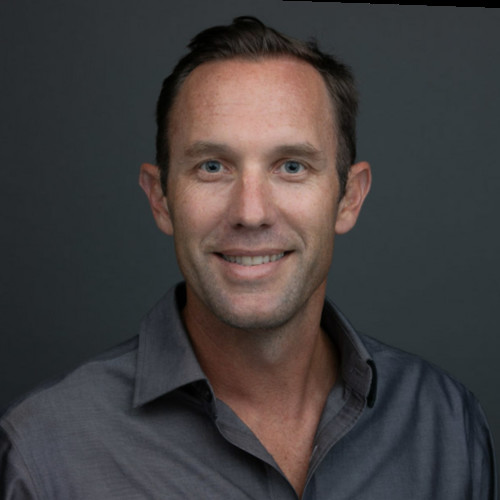The Power of a Professional Pause
- Written by Brent-Stig Kraus, Chief Revenue Officer at SevenRooms

Unprecedented events, including the COVID-pandemic, bushfires, and floods, have continued to take their toll on us whether we were impacted firsthand or not. After an incredibly difficult few years, it’s hard not to take notice of the growing burnout across many businesses. Employees everywhere have had to make life-changing decisions impacting their professional and personal lives which is no easy feat.
In fact, nearly one-third of adults are so stressed about the pandemic that they struggle to make basic decisions, such as what to wear or what to eat. This stress can resonate both in our personal and professional lives, so it comes as little surprise that many people are mentally and physically exhausted. But mental health shouldn’t be trivial, rather something we take care of and sometimes that means taking a break. So when is the right time to embrace a professional pause?
Identifying the need for a break
I can tell you the exact moment I knew I needed to let go of the emotional stress that was building up inside of me. It was a tough time; I was under immense pressure at work and the build-up of emotions was encroaching into my personal life. It ultimately led to me having a mental breakdown. I’d never felt so alone, but I’ve come to find that I wasn’t the only one. Overwhelmingly, one in five Australians, or about four million people, suffer from a mental illness and almost half the population has suffered a mental disorder at some time in their life. Some - but not all - of that is work-related, and some - but not all - can be alleviated with a pause. It helped in my case.
Even with overwhelming stats like this, the stigma around mental health in Australia - especially in the workplace - continues, even if it is slowly easing. Regardless of your position, you need to know when the time is right for you to have a break - whether it’s a mental health day or a longer professional pause to rest, reflect and recharge. There is no immediate and wide-scale fix, but businesses, managers and colleagues must work together to remove the stigma and encourage those in need to take a break before their wellbeing worsens.
Rest, reflect and recharge
Taking a pause to digest your emotions and seek support can feel daunting and overwhelming, but everyone’s journey is different, so be kind to yourself and do what’s right for you. A colleague once told me that when he uses paid time off it usually takes about three days to fully disconnect and get into holiday mode – a professional pause is similar. Whether it takes three days or three months, it’s important to take the time you need to decompress and give yourself the opportunity to rest and recharge. Do what feels helpful and supportive to you, whether it’s talking it out with family, friends or a medical professional, spending time eating well and exercising, or even focusing on mindfulness and wellness techniques.
Most importantly, ask yourself the tough questions about what went wrong and what could have been done differently to potentially avoid this situation. Sometimes, the answer is nothing – but the idea is that in this reflection, you can identify what can be done differently in the future.
It’s okay to be vulnerable
Regardless of the responsibilities you have in your personal or professional life, you’re not alone in feeling the pressure. The last 24 months have been challenging for millions of Australians. To move forward, it's critical to find opportunities to embrace rather than ignore your vulnerability and find support from colleagues, family or friends. According to LifeWorks 2021 Mental Health Index, more than half of Australians believe that their career options would be limited if they had a mental health issue and their workplace was aware. This statistic is truly eye opening and creates an opportunity to encourage open and honest conversations about mental health in the workplace.
After my professional pause, I made the decision to speak more openly about my mental health in the workplace. I believe the more discussions we have around mental health it will lessen the stigma around it. I have an open-door policy and encourage all businesses to do the same. If we can support each other and give guidance on how to work through our mental health struggles, we will ultimately improve people's mental health and increase productivity in the workplace.
About the Author:
Brent-Stig Kraus is the Chief Revenue Officer at SevenRooms, a guest experience and retention platform for the hospitality industry. Prior to joining SevenRooms, Kraus served as SVP of Sales, Onboarding and Success at ChowNow where he played a key role in the triple-digit growth of the company during his tenure. Kraus is responsible for leading and scaling sales, customer success and revenue operations functions for SevenRooms across the globe.







